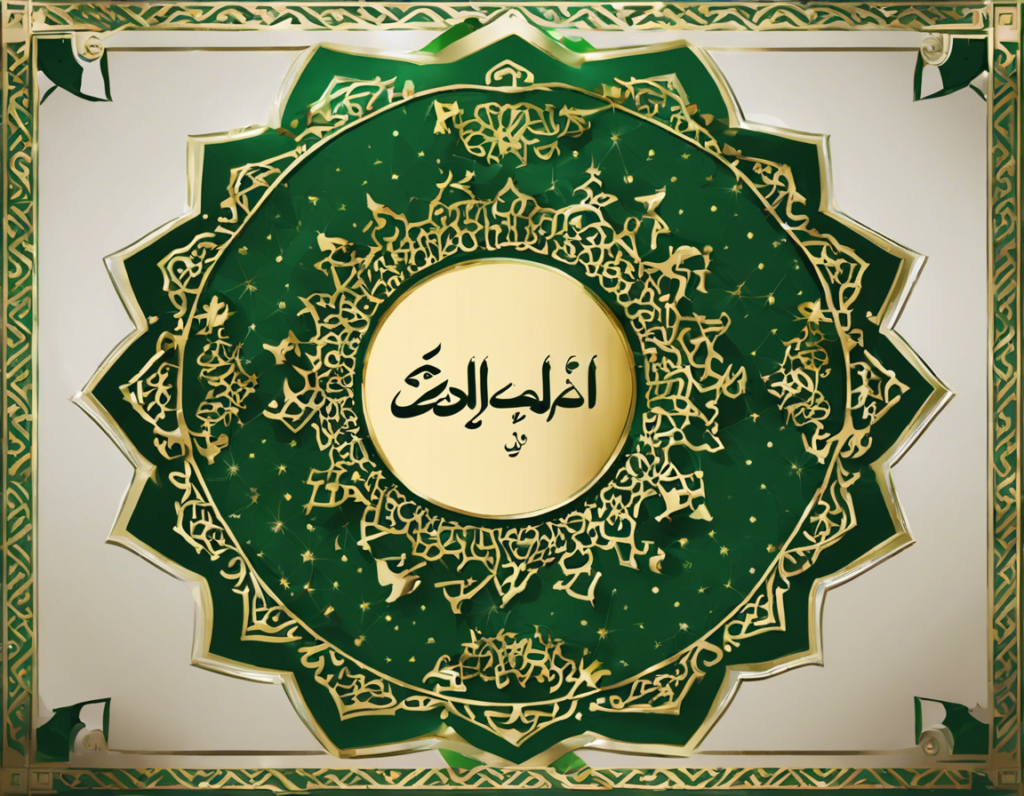Eid Al-Fitr, also known as the festival of breaking the fast, is an important religious holiday celebrated by Muslims worldwide. The date of Eid Al-Fitr varies each year depending on the Islamic lunar calendar, as it is determined by the sighting of the new moon. In Saudi Arabia, Eid Al-Fitr is a grand celebration that marks the end of the holy month of Ramadan. In 2024, Eid Al-Fitr is expected to fall on Saturday, 23rd May, 2024 in Saudi Arabia, subject to the sighting of the moon.
Significance of Eid Al-Fitr
Eid Al-Fitr holds great significance in Islam as it signifies the conclusion of a month of fasting, prayer, and reflection during Ramadan. It is a time for Muslims to express gratitude to Allah for giving them the strength to complete the fast and to seek forgiveness for any shortcomings. The festival also emphasizes the importance of charity and helping those in need, as giving to the less fortunate is a fundamental aspect of celebrating Eid Al-Fitr.
Preparation for Eid Al-Fitr
In the days leading up to Eid Al-Fitr, Muslims engage in a variety of activities to prepare for the celebration. This includes giving Zakat Al-Fitr, a form of charity given to the poor before the Eid prayer. Eid shopping is also a common practice, where people buy new clothes and gifts for themselves and their loved ones. Moreover, houses are cleaned, and decorations are put up to create a festive atmosphere.
Celebrations on Eid Al-Fitr
On the day of Eid Al-Fitr, Muslims attend special prayers at the mosque, known as the Eid prayer. This communal prayer is typically performed in large open areas or mosques to accommodate the large congregation. After the prayer, people greet each other with Eid Mubarak, meaning “Blessed Eid”, and share meals and sweets with family and friends. Giving gifts and visiting relatives are also common customs during Eid Al-Fitr.
Festive Food on Eid Al-Fitr
Food plays a central role in the celebrations of Eid Al-Fitr. Traditional dishes vary from region to region, but some popular items include Sheer Khurma, a sweet vermicelli pudding, Haleem, a rich and hearty stew, and Kebabs served with Biryani. Sweets like Barfi, Ladoo, and Baklava are also enjoyed during this joyous occasion.
Traditions and Customs on Eid Al-Fitr
Eid Al-Fitr is a time of joy, unity, and generosity for Muslims around the world. It is customary to wear new clothes, exchange gifts, and partake in communal meals. Many also perform acts of Sadaqah (charity) on Eid Al-Fitr as a way to share their blessings with those in need. Additionally, visiting the graves of deceased loved ones and offering prayers for them is a common practice during this time.
FAQs about Eid Al-Fitr
- What is the significance of Eid Al-Fitr?
-
Eid Al-Fitr is a religious holiday that marks the end of Ramadan and is a time of celebration, gratitude, and charity for Muslims.
-
What is the date of Eid Al-Fitr in 2024 in Saudi Arabia?
-
Eid Al-Fitr in Saudi Arabia is expected to fall on Saturday, 23rd May, 2024, subject to the sighting of the moon.
-
What are some traditional dishes eaten during Eid Al-Fitr?
-
Traditional dishes enjoyed during Eid Al-Fitr include Sheer Khurma, Haleem, Kebabs, Biryani, Barfi, Ladoo, and Baklava.
-
What are some common customs and traditions on Eid Al-Fitr?
-
Common customs include attending Eid prayer at the mosque, giving Zakat Al-Fitr, wearing new clothes, exchanging gifts, and sharing meals with family and friends.
-
How do Muslims prepare for Eid Al-Fitr?
- Muslims prepare for Eid Al-Fitr by giving Zakat Al-Fitr, engaging in Eid shopping, cleaning and decorating their homes, and participating in acts of charity.
